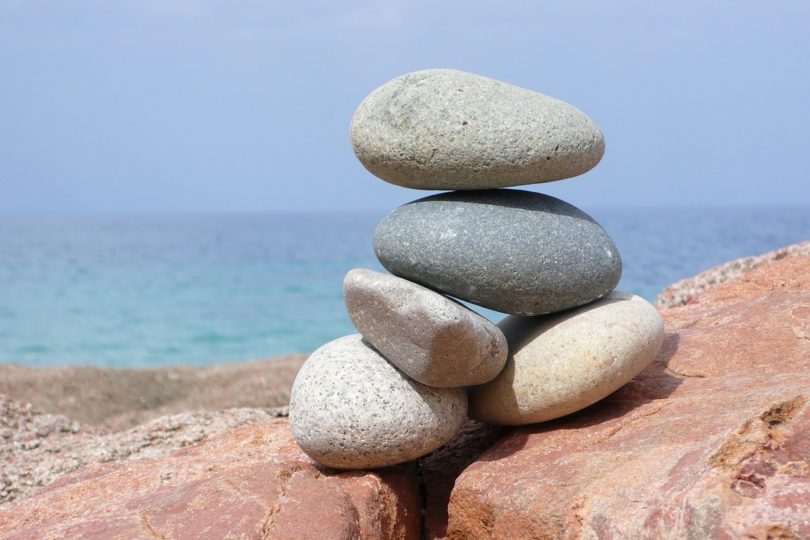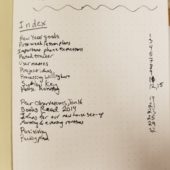For this Brave Wednesday, I want to share with you the beginning of what I imagine could become a longish short story, or a perhaps a novella. I first conceived of the idea in 2012, and wrote these words after having it occasionally pop back into my mind for about a year. After writing it down I promptly forgot about it, and only more recently was reminded of it while discussing society level toxicities with some friends. I was happy to be able to dig it out! Maybe one day I will grow it into the full story. For now, Brave Wednesdays are about sharing things both finished and unfinished, so here it is, in all its unfinished glory.
We wanted to relax. Or maybe we wanted to be productive. No, that wasn’t it. More than anything, we just wanted to know what we wanted. We were pretty sure it wasn’t what we were doing. So we decided on an experiment: societal detox. It was opt-in for everyone, including children over the age of reason, which we gauged to be around 8 or 10, depending on the child. If the kid didn’t agree, the parents couldn’t come along on our adventure. Harsh, perhaps, but this was worth doing right, and that meant everyone had to be in on it.
What we were going to do was this: Nothing.
No, really. We were going to do absolutely nothing, all the way up until we wanted to do something, at which point we were going to think about it for a while before maybe possibly doing it.
It takes a lot of stockpiling to be ready to do nothing, so first we spent a year gathering all the necessary supplies, and some of us spent our life savings on canned tuna and chocolate bars, and some of us spent it on other things, like duct tape, and moth balls, and extra safety pins. We weren’t sure what we were going to need in our pursuit of nothing, but we were pretty sure we might run out of it.
As we prepared, we told others about our venture. “Are you going to blog about your experience?” They’d ask. “no, we’d explain, we’re not going to blog. We’re not going to do anything.” “Are you trying to achieve something grand?” they asked. “not really,” we explained, “though if it happens that would be nice. But we are just going to do nothing.” “You mean just sit there?!” they asked, finally getting it. “yes.” At which point they would start to object.
“You’re just lazy.”
“Think of the message you’re sending your children! It isn’t ok to just do nothing.”
“That will do nothing to solve the world’s problems. And you HAVE to work on solving the world’s problems.”
“What a selfish thing to do.”
“It will look terrible on your resume.”
“That is just morally obscene.”
The “compliments,” as we came to call them, kept growing. Apparently no one liked the idea of us stopping. We started to wonder if maybe we were crazier than we’d thought. We started to wonder if maybe everyone else was crazier than we had thought. We had touched a nerve. No one, and by that I mean almost no one, because my grandfather was very nice about it, thought it was a good idea.
Did we want to achieve something grand? No. But on the other hand, yes. We wanted, by doing nothing, to come to the point where we knew something. It might be something about the world, or just about ourselves. It might be that we just knew, after all that nothing, that it was time to stand up and do. We wanted, well, we wanted to see what would happen. And so the 26 of us, 5 couples, 9 singles, and 7 kids of various ages, began to do nothing together.
The first stumbling block was guilt. We were prepared for this. Or at least, most of us had been. The children seemed relatively free of this, but then again their version of nothing looked more like something than anyone else’s. Nothing for the young ones turned out to mean a lot of running, some climbing, and long periods of seeing if various things would get them in trouble. We held the children in our community of nothing doers to the same standards we held ourselves:
- Do not harm one another.
- Do not impede on another’s ability to do nothing.
The children were expected to adhere to the first rule, but the second one was a bit more unreasonable to expect of them. So we just told them that they had a little tiny out. Their rule #2 was:
- Do not impede on another’s ability to do nothing EXCEPT for physical or emotional need.




